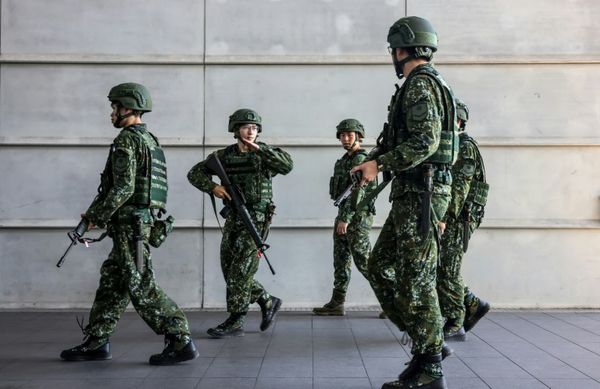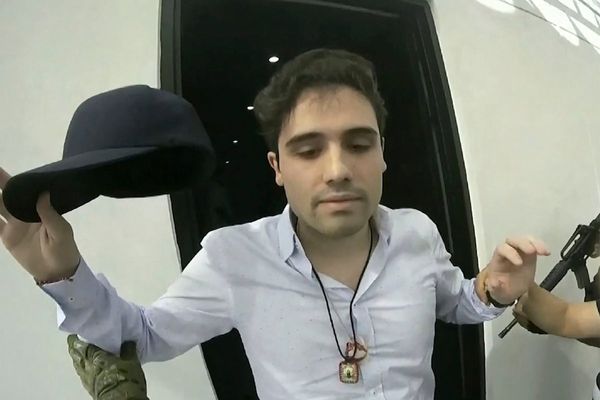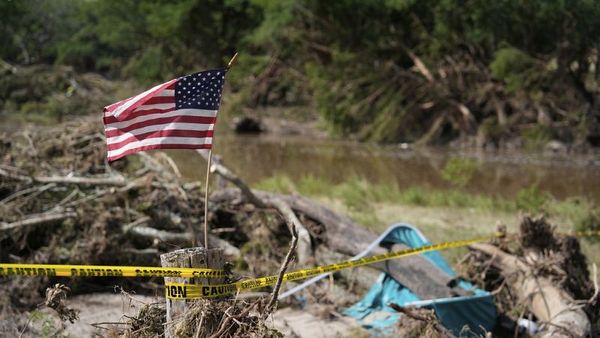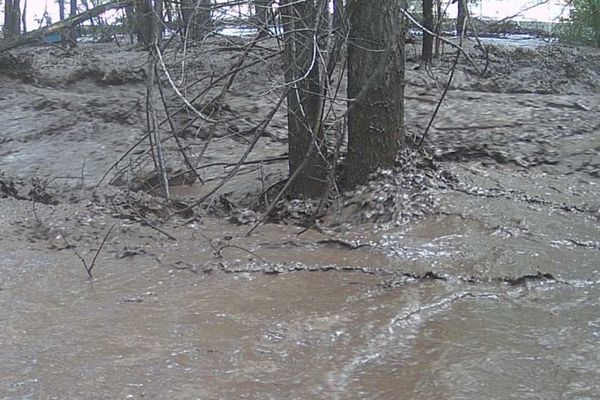
Negotiations on how the world can slash greenhouse gas emissions and stave off the worst impacts of the climate crisis will reach a fresh intensity over the next few days, with nations wrangling over whether to phase out or phase down fossil fuels.
For the remaining five negotiating days of the Cop28 UN climate summit in Dubai ministers will hold a series of meetings to try to break the impasse and present a text that sets out a roadmap for staying within a rise of 1.5C of global heating above preindustrial levels.
Simon Stiell, the UN climate chief, told countries: “Now all governments must give their negotiators clear marching orders – we need highest ambition, not point-scoring or lowest common denominator politics. Good intentions won’t halve emissions this decade or save lives right now.”
As the talks reach their conclusion the host country, the United Arab Emirates, holds the key to what next happens. The Cop28 president, Sultan Al Jaber, of the UAE, will, with his team, appoint pairs of ministers, each pair representing a developed country and developing country. Their task is to liaise and find compromises.
Al Jaber is chief executive of the UAE national oil company, Adnoc, which is planning to expand oil and gas production capacity. He came under fire last week after the Guardian revealed that he had claimed there was “no science” that said phasing out fossil fuels was essential to staying within 1.5C. He subsequently told the Guardian he wanted “the most ambitious outcome” from the talks.
Al Jaber told negotiators: “What we have collectively accomplished only in a week is nothing short of historic. In just seven days we have demonstrated that multilateralism does actually work. It is alive and well.”
He is to convene a plenary session on Friday morning of all parties, at which he has promised to use “all the tools available” to forge an agreement. “The presidency will assess the status of the different items [under negotiation] and lay out a tailored approach to conclude all outstanding elements,” he said.
Only the presidency will have a full overview of how each strand of the negotiations is progressing, and its role is pivotal. Last year some countries complained that the Egyptian hosts, at Cop27, were opaque in their methods, releasing sections of draft text to small groups of negotiators in sealed rooms.
There is expected to be more transparency this year, and the UAE hosts have a much bigger team and greater resources to manage the task of giving more than 190 countries the opportunity for input.
The key draft text is to do with the global stocktake. This is a requirement of the 2015 Paris climate agreement, a comprehensive assessment of the progress – or lack of it – towards the Paris goals of holding global temperature rises to “well below 2C” while “pursuing efforts” to limit temperature rises to 1.5C above pre-industrial levels.
Within this text, the most contentious lines are over the potential phase out or phase down of fossil fuels. More than 100 countries support a phase out of fossil fuels, but they face stiff opposition from some countries, including Saudi Arabia, China and India. There is no certainty that any language on fossil fuels will make it into the final text.
Negotiators told the Guardian that as the text moves from the technical level, overseen by civil servants, to political negotiations involving mainly ministers, there is still little sense of what the “landing ground” of any compromise could be.
Governments have already been meeting for more than a week, and after a rest day on Thursday are scheduled to resume on Friday morning. With only a few days to go until the Tuesday evening deadline for the talks, the lack of agreement on the most contentious issues is unsurprising.
Talks were buoyed early on, when, with unprecedented speed, one of the longest-running issues in climate negotiations was resolved on the first official day. Loss and damage is the name given to the funds needed for the rescue and rehabilitation of poor and vulnerable countries stricken by climate disaster.
The fund was “operationalised” last week, in a rare show of unity, and more than $800m has since been pledged. This is not nearly enough, as countries’ needs are likely to reach hundreds of billions, but it marked a promising start.
With loss and damage settled, countries were able to move on to the other segments of the talks, which alongside the global stocktake include what is known as the “mitigation work programme”, a global goal on adaptation. Developing countries want the amount of climate finance devoted to helping them adapt to the impacts of extreme weather to at least double; for them the key issues are about equity, justice, human rights and finance.
Madeleine Diouf Sarr, from Senegal and chair of the least developed countries group, told the Guardian: “This is a big fight, the global stocktake. We are already at 1.2C, so we need to really close the gap to get to net zero emissions. Developed countries must take the lead [on cutting emissions]. It’s not easy, it requires a lot of negotiation, but the guiding principle must be of common but differentiated responsibilities – historical responsibility [for emissions].”







